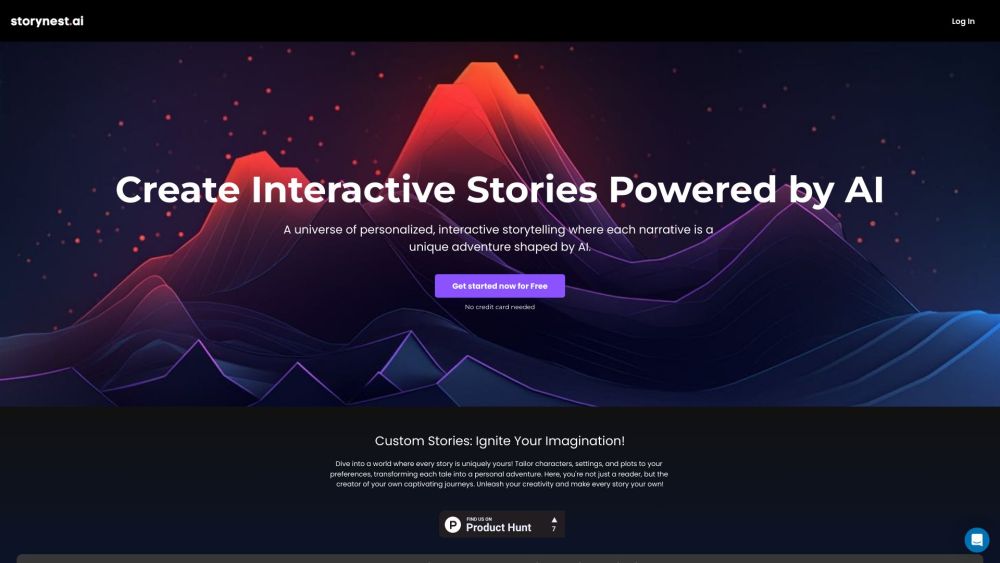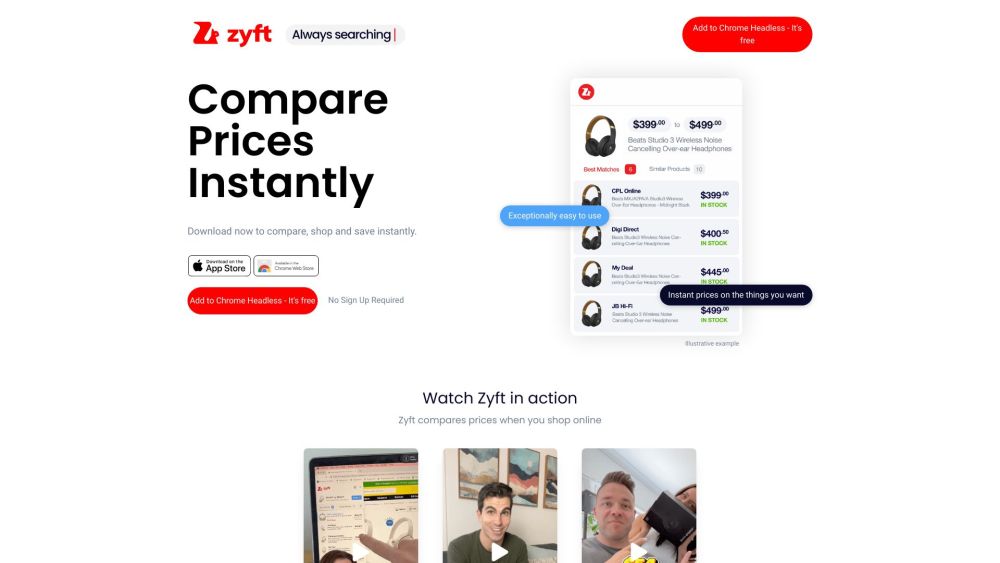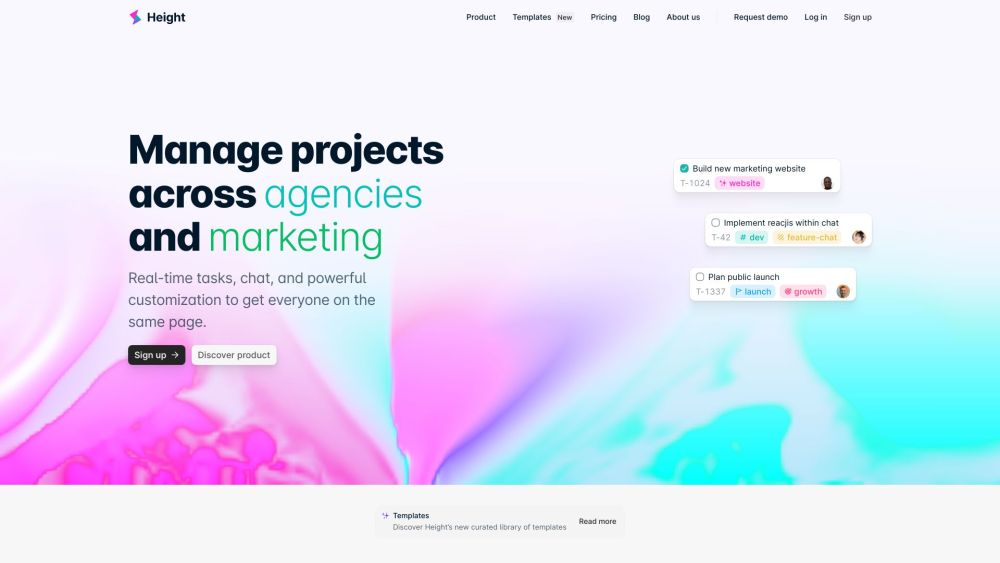OpenAI has launched its new AI search engine, SearchGPT, introducing a novel way to search that combines the advantages of AI models with real-time internet information. This tool promises to streamline the search process, making it quicker and easier for users to find what they seek. With plenty of anticipation building beforehand, the release of SearchGPT seems aimed directly at major competitors like Google.
Currently, SearchGPT is in its testing phase, available to a limited group of users. It features a conversational search interface, presenting queries in a chat-like format. Users can access high-quality content with each search linked to authoritative sources, ensuring reliability. Notably, SearchGPT includes contextual memory, allowing it to remember key details from previous interactions, thus providing more relevant responses to follow-up queries.
One of the anticipated features is “visual answers,” which will likely allow searches to yield graphs, videos, and similar content. However, specifics on how this feature will operate remain undisclosed. When users input a question, such as “August music festival in Boone,” SearchGPT delivers prompt answers along with clear source links.
Users can ask further questions in the search box, leveraging the shared context from previous queries. For instance, after asking about the best tomato varieties to grow in Minnesota, users can follow up with questions about what can be planted immediately, allowing SearchGPT to offer accurate, context-aware responses.
OpenAI emphasizes the importance of highlighting high-quality, original content from reliable publishers in SearchGPT’s results. Each response features clear attribution, helping users know the source of the information. However, recent demonstrations have revealed errors in the provided answers, prompting scrutiny from technology reporters.
Despite the initial excitement surrounding SearchGPT, the current functionality appears to fall short of fully replacing traditional search engines. The persistent issue of unreliable content generation has also affected OpenAI itself, reflecting the broader challenges in the AI sector.
Overall, OpenAI’s entry into the AI search arena hints at intensifying competition in the traditional search landscape, sparking further interest and speculation about the future of search technology.




